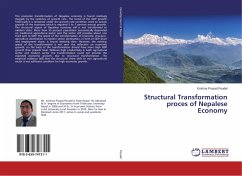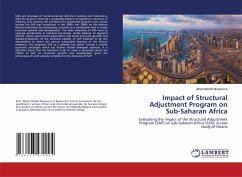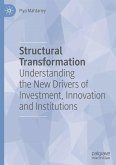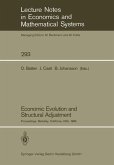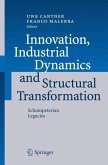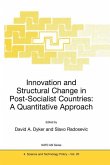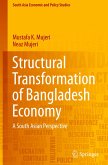The economic transformation of Nepalese economy is found relatively sluggish by the evidence of growth rate. The trend of the GDP growth historically it is remained under the growth rate condition need to sustain growth of the economy which is required 5 to 7 percent annual growth. The structural aspect of Nepalese economy still is not transformed to modern state. More than 55 percent population economically depended on traditional agricultural sector and this sector still provides about one third part to GDP. The speed of the transformation of economic structure, agriculture domination to modern sector domination, in term of GDP share and employment share, is found relatively slow. However, the existing speed of the transformation is not seen the reflection on economic growth, on the basis of the transformation should have more high GDP growth than present level. Without high productivity in both agricultural sector and modern sector the transformation could not provide the expected economic growth, due to structural transformation. The empirical evidence tells that the structural share shift to non agricultural sector is not sufficient condition for high economic growth.
Bitte wählen Sie Ihr Anliegen aus.
Rechnungen
Retourenschein anfordern
Bestellstatus
Storno

